Pot, meet kettle.
Delta's been making headlines for its plans to drastically expand the use of artificial intelligence (AI) to set flight prices … and not in a good way: Americans are (understandably) concerned that their personal data could eventually be used against them to be charged more than their neighbors. The Israeli AI startup setting Delta prices previously bragged about the prospect of “hyper-personalization” in airfare.
Asked by investors Thursday whether they're also looking into handing the airfare reins over to AI, American Airlines used the opportunity to throw a few jabs at their Atlanta-based competitor.
“Consumers need to know that they can trust American,” CEO Robert Isom said. “This is not about bait and switch. This is not about tricking. And others that talk about using AI in that way, I don’t think it’s appropriate. And certainly, at American, it’s not something we will do.”
Delta has said it isn't using personal data or AI to charge customers different prices.
But make no mistake: The entire airline industry – not just Delta – is pushing to offer some form of personalized airfare.
The technology just isn't there yet: Airlines across the globe and industry groups have been working for more than a decade to modernize the surprisingly antiquated systems that set and sell airfare. That'll pave the way for all of them to eventually follow Delta's lead, regardless of what Isom said Thursday.
Meanwhile, American has recently expanded a slimy pricing tactic of its own.
Earlier this year, we broke the story that all three of the nation's largest airlines had quietly begun charging some solo flyers significantly higher fares than groups of two or more – a novel pricing mechanism meant to penalize business travelers. In the ensuing backlash, Delta and then United backtracked and dropped the fares … but not American.
In fact, it's doubled down.
While our research suggested that American was penalizing solo travelers on as much as 52% of its domestic routes, that was limited at the time to just one-way flights. But after analyzing thousands of flights, The Economist revealed this week that higher fares for solo flyers have spread even to some American roundtrip domestic flights as well as one-way bookings.
So while a roundtrip flight from Charlotte (CLT) to Nashville (BNA) next week costs $498…
… bump that exact same search up to two passengers, and the price drops to $439 apiece for a main cabin ticket. Plus, an even cheaper basic economy fare suddenly appears that wasn't available for a solo traveler.
The Economist said its analysis found higher fares for solo passengers on 57% of American Airlines routes. While it hasn't gone nearly that far, the publication also found that United has recently resumed the practice, too.
That's how this one-way flight from Newark (EWR) to Charlotte costs $403 when booking for one passenger.
But booking for two or more, the price on those exact same flights drops as low as $275 apiece.
Bottom Line
When it comes to airfare pricing, no U.S. airline has the moral high ground.
Delta is taking it in the chin right now for the prospect of using AI and personal data to set flight prices – something they're not actually doing … at least not yet. Meanwhile, American Airlines and even United are still charging some solo flyers higher fares than couples or families.
And the reality is that all airlines would love nothing more than to charge all of us different prices if it resulted in higher revenue.

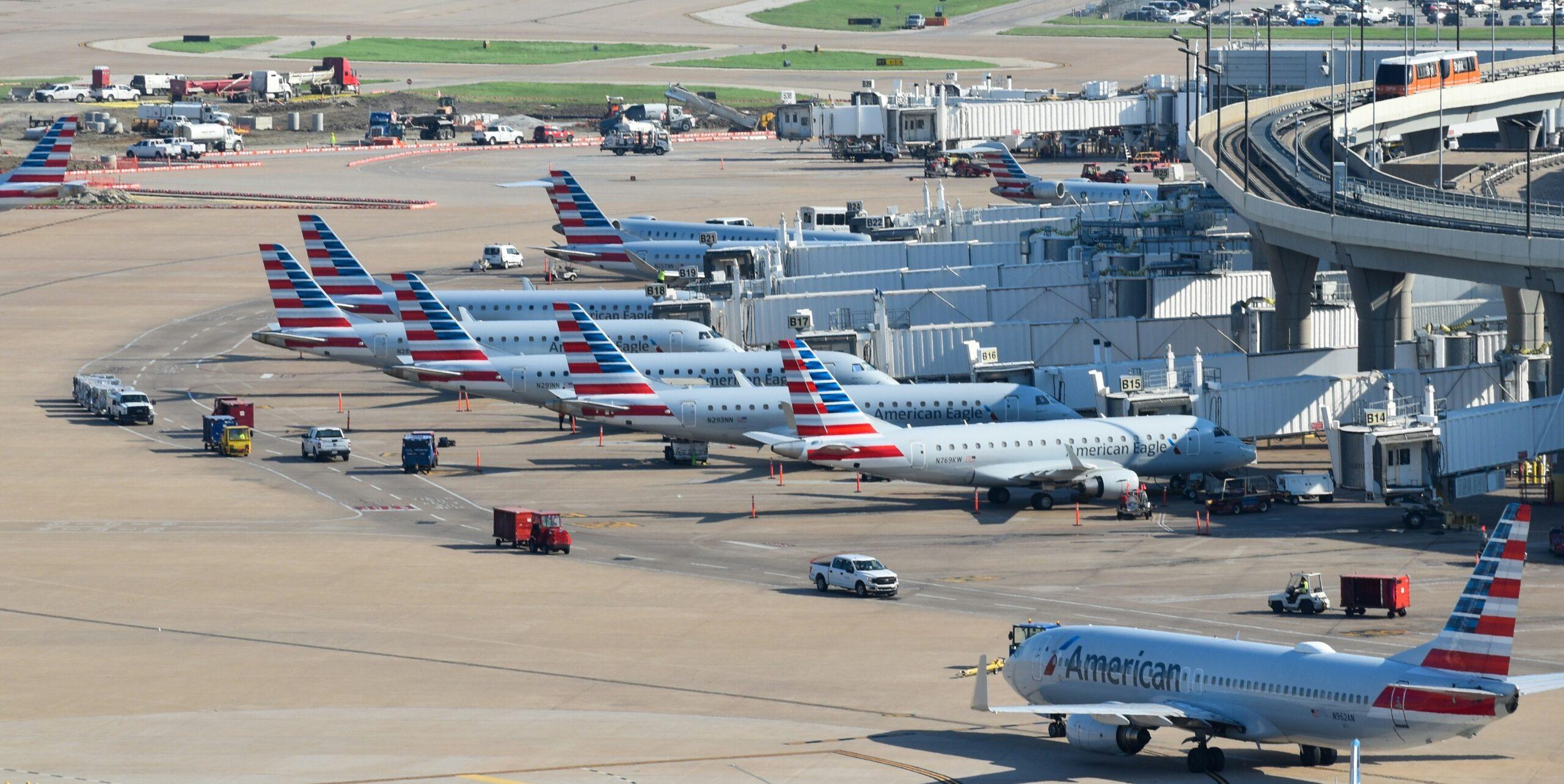

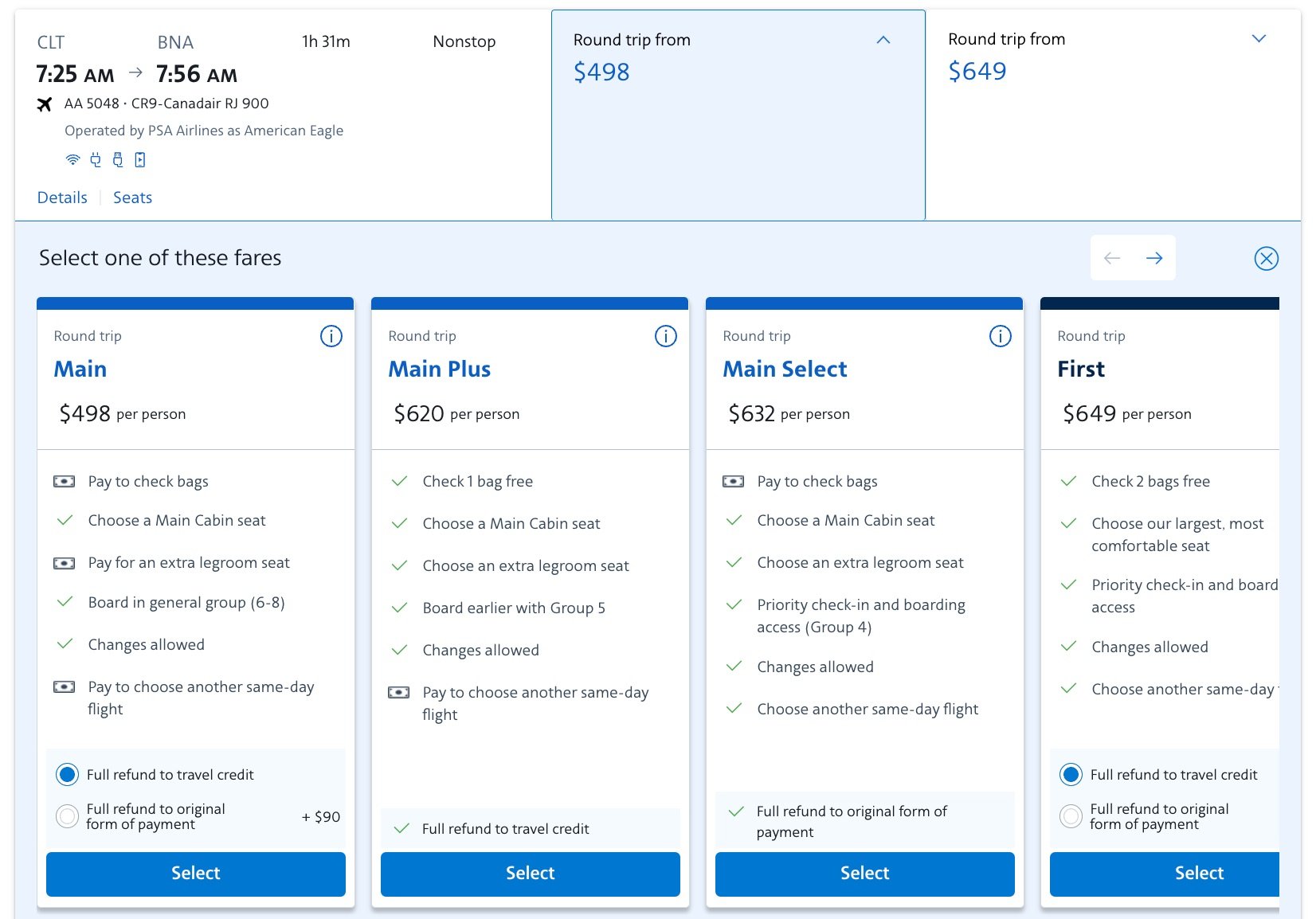
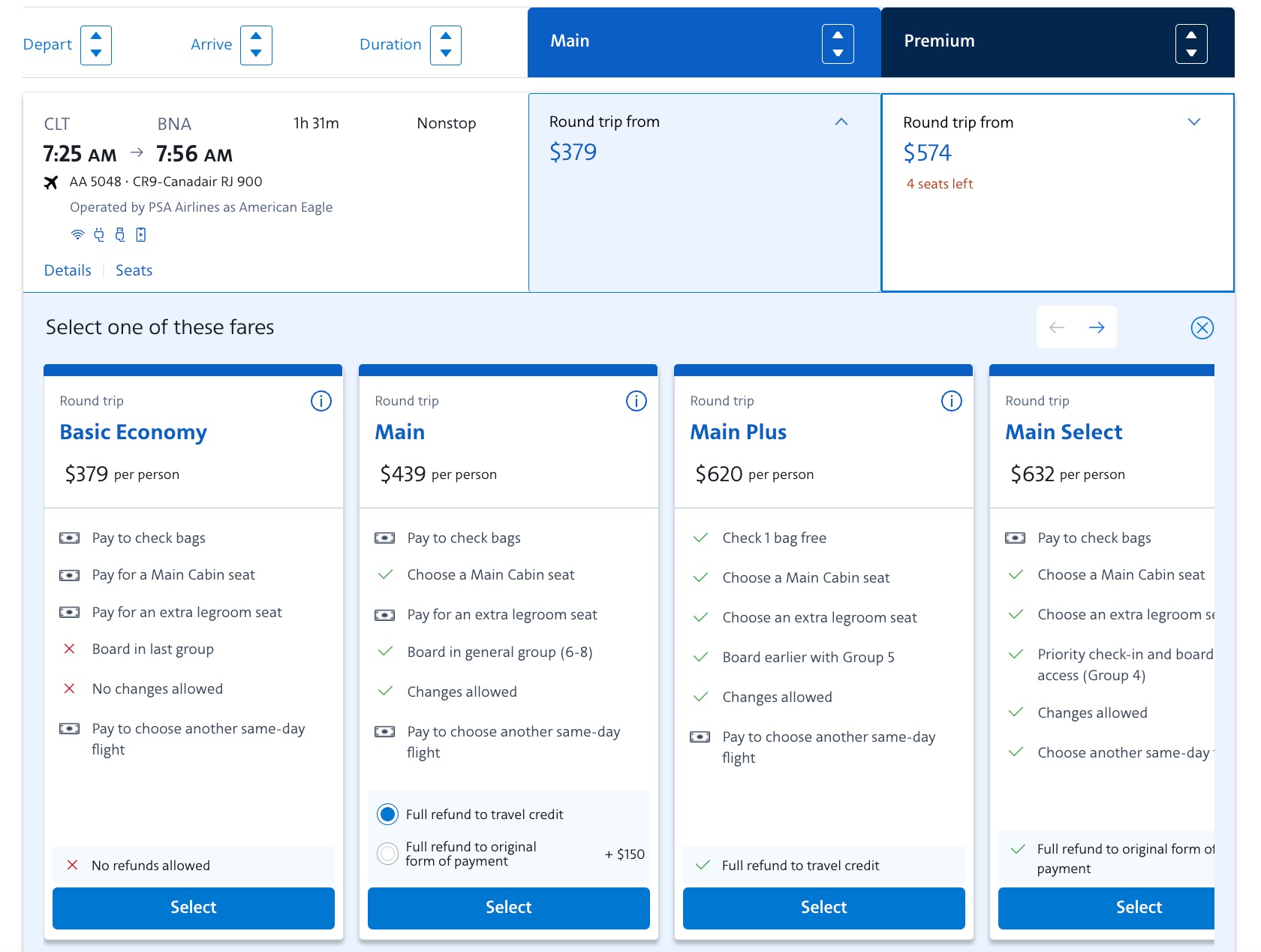
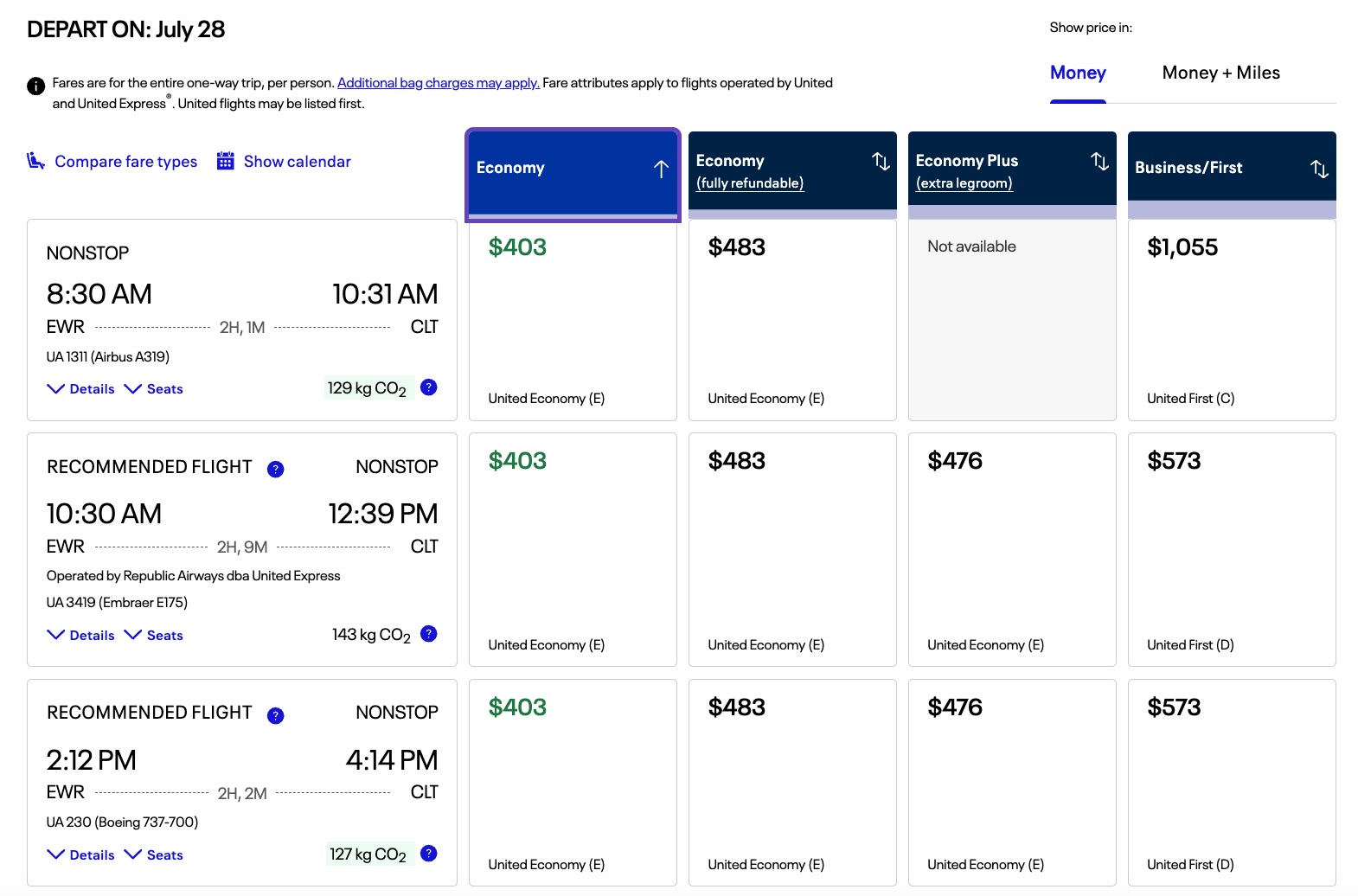
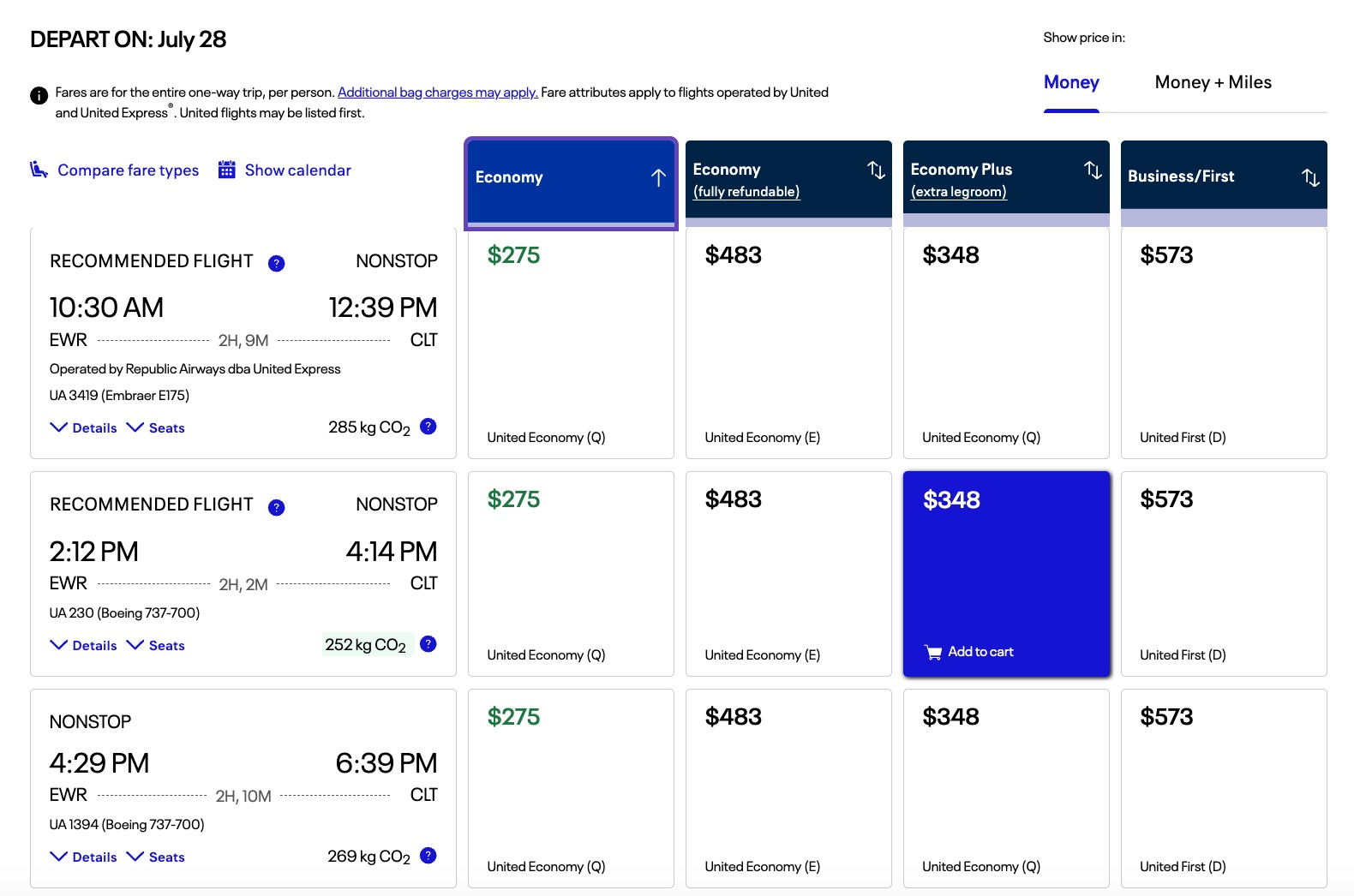


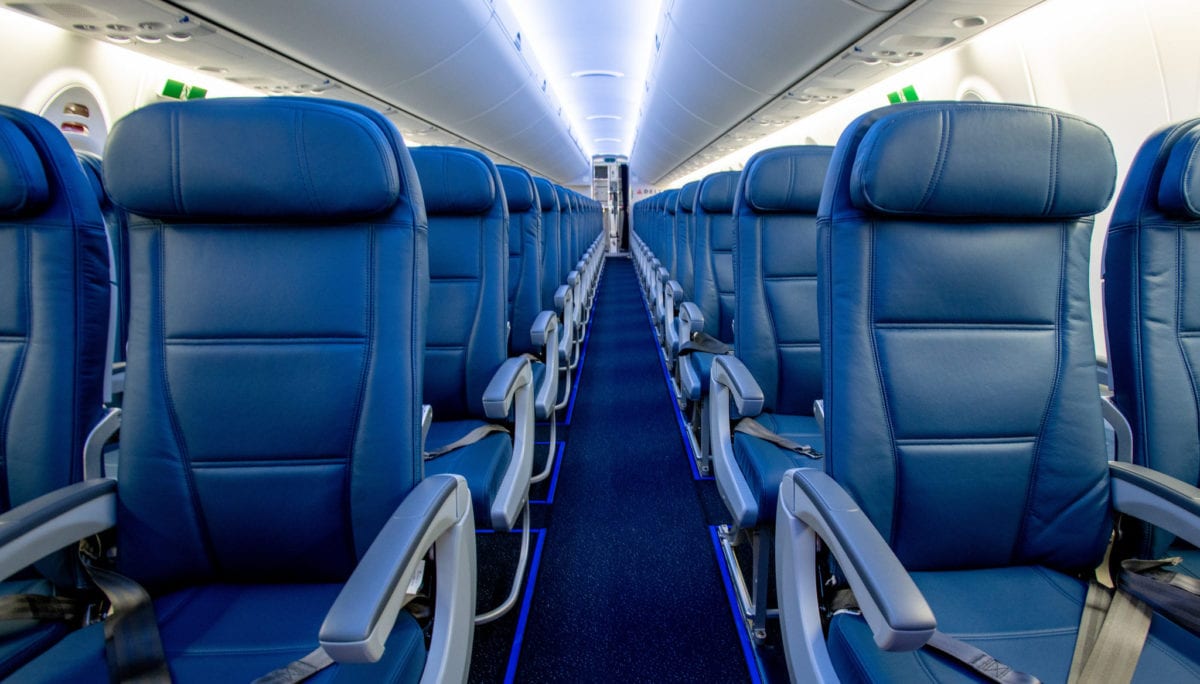

“Something they’re not actually doing”?
Incorrect.
They are doing it on 3% of fares with a goal of 20% by the end of the year and full roll out by end of next year.
No, Delta has said Fetcherr is setting 3% of airfare and plans to set 20% by end of year. That does not mean they are doing so using personalized pricing (yet).
Thrifty Traveler Team: How about booking two passengers, call and split the reservation into two itineraries, then cancel the second ticket during the 24 hour refund period?